We are excited to announce our five plenary speakers from across the country and across the field of Language and Law.
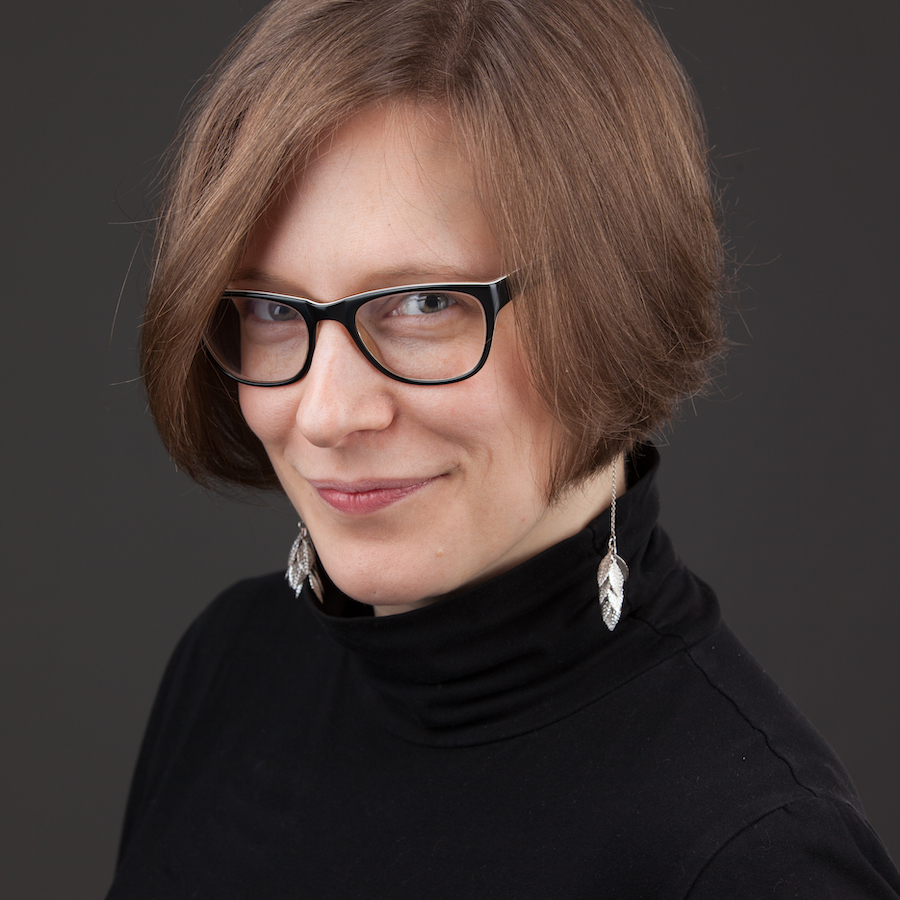
Dr. Elizabeth Allyn Smith
Université du Québec à Montréal, QC
Elizabeth Allyn Smith, Ph.D., is a Professor of Linguistics at the University of Quebec in Montréal (UQAM) and an Associate Member of the American Academy of Forensic Sciences. She is an Associate Editor for the International Review of Pragmatics and sits on the Editorial Board for the open-access journal Semantics and Pragmatics. She specializes in nuanced meaning differences (whether semantic, pragmatic, or sociolinguistic) and their relation to cognition, especially in forensic and other legal applications. She has given more than 50 presentations across five continents in addition to her published work. Her research has been shared on Télé-Québec’s Électrons Libres program and in popular scientific magazines for adults (Québec Science) and adolescents (Curium).
The effect on long term memory of definite presuppositions in interrogatives with or without conditional filter in Quebec French: Consequences for legal contexts
In this presentation, I will start by going over a paradigm used in psychology to test the effect of presuppositions on memory by presenting a semi-reproduction in Quebec French of some original experiments. I show that questions with a definite presupposition, such as “What colour was the thief’s hood?”, have the ability to supplant the memory of witnessed events. Then I present the results of some subsequent experiments exploring the effects that conditional antecedents can have on memory (e.g., “If he was wearing one, what colour was the thief’s hood?”). Finally, I discuss the implications of those results for witnesses during police interviews and for the jury during lawyers’ interrogation.
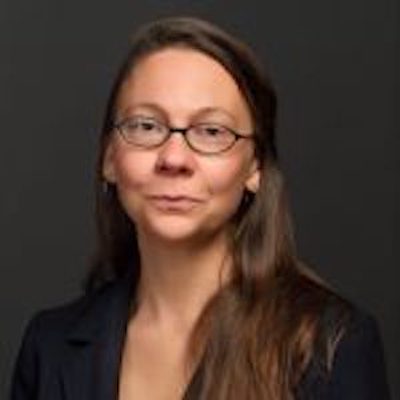
Dr. Lorna Fadden
BC First Nations Justice Council, BC
Dr. Lorna Fadden is a lawyer and forensic linguist. She practices criminal defence for the BC First Nations Justice Council. Prior to becoming a lawyer in 2020, Lorna was a faculty member at Simon Fraser University where she was also the First Nations Languages Coordinator. Her research in forensic linguistics informs her criminal law practice, giving her a unique window into witness statements and courtroom discourse. She has served as an expert witness in a variety of criminal and civil matters where language evidence is at issue. Lorna is the author of Communicating Effectively with Indigenous Clients, an Aboriginal Legal Services Publication.
But We’re All Speaking English!
Language plays a central role in everything we do. Evidence is collected in the form of statements, those statements find their way into court; questions are asked and answered steering the course of trials; and all the while, police, lawyers, and triers of fact are assessing credibility. The centrality of language to legal proceedings cannot be overstated, and for that reason, it is important that we have a full understanding of the assumptions and biases at work with all justice system participants.
Study after study has shown that Indigenous people are still getting a rough ride through the criminal justice process and systemic racism at the root of it has been acknowledged by governments, by police services, and by the legal profession. A range of factors converge to entrench systemic racism, and the one with which we concern ourselves in this talk is a linguistic perspective. Indigenous people speak varieties of English that differ from other speech communities throughout Canada, and I argue that the features of these varieties of English result in assessments that are rarely favourable to Indigenous witnesses. This talk will survey some of these features, and show lawyers how to minimize the damage that can occur in cross-cultural interactions.
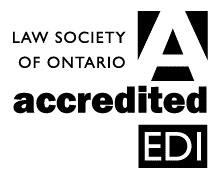
This program contains 1 hour of EDI Professionalism Content.
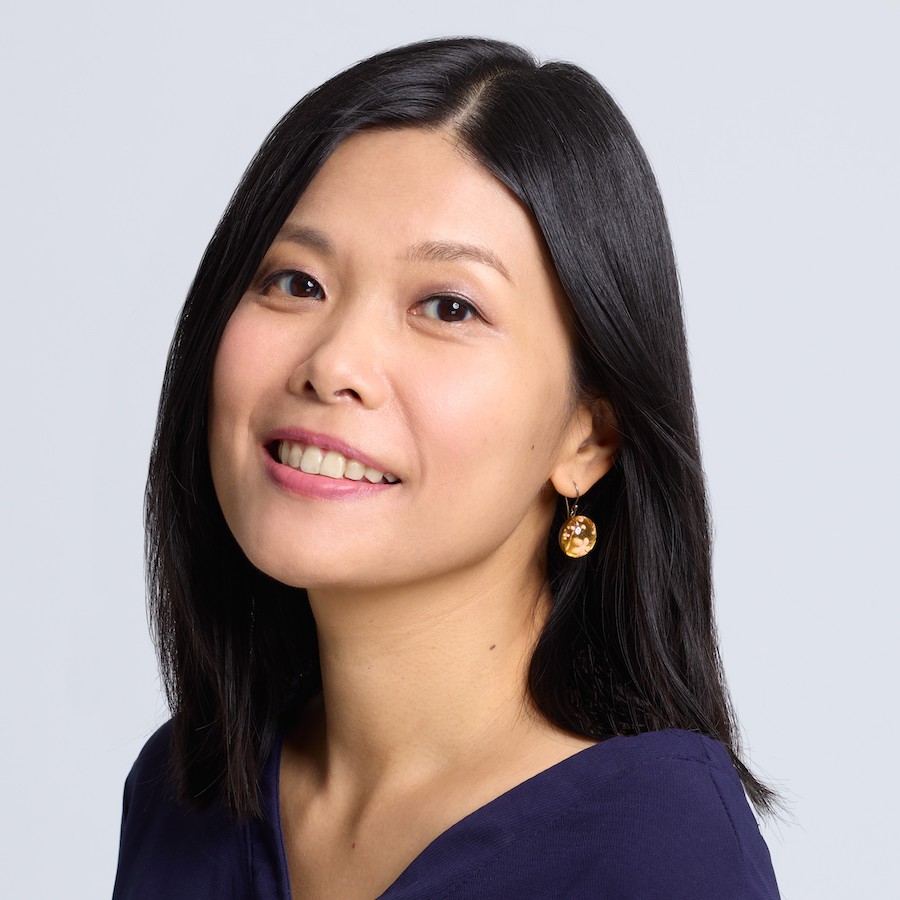
Dr. Janny Leung
Wilfrid Laurier University, ON
Janny Leung is Dean of Faculty of Liberal Arts in Wilfrid Laurier University, where she is also Professor of Law and Society and Professor of English. She was Professor of Linguistics and former Head of School of English at the University of Hong Kong. She obtained her M Phil and PhD in English and Applied Linguistics from the University of Cambridge, an LLB from the University of London, and an LLM from Yale Law School. Her teaching and research span the disciplines of law and linguistics.
She is an author/editor of three books and 30+ scholarly articles and chapters, including a prize-winning monograph entitled Shallow Equality and Symbolic Jurisprudence in Multilingual Legal Orders, published with Oxford University Press. She was Submissions Editor for the Yale Journal of Law and the Humanities, and English Book Reviews Editor and International Advisory Board member for the International Journal for the Semiotics of Law. Between 2017 and 2021, she served on the Executive Committee of the International Association of Forensic Linguists.
Leung received the Outstanding Young Researcher Award from the University of Hong Kong in 2017/2018 and the Outstanding Teaching Award in 2018/2019. She was a Visiting Scholar at the Harvard Yenching Institute, an Overseas Distinguished Scholar for Central China Normal University, a Luce East Asia Fellow at the National Humanities Center (USA), and an awardee of Research Grants Council’s Humanities and Social Sciences Prestigious Fellowship Scheme.
Linguistic Equity in The Digital Society
The talk discusses new ways in which linguistic injustices are experienced as a result of the digital revolution, teases out the increasingly important role private actors play in alleviating and aggravating linguistic inequalities, and contemplates implications for linguistic justice as the digital medium encroaches our daily life. Taking an interdisciplinary perspective that draws from linguistic and legal studies, the talk will cover the questions of to what extent linguistic injustices in the offline world are identical to what is experienced digitally, and whether some of the solutions proposed remain relevant. It will also examine how linguistically diverse groups experience the digital speech environment differently and what potentially equalizing measures could be adopted.
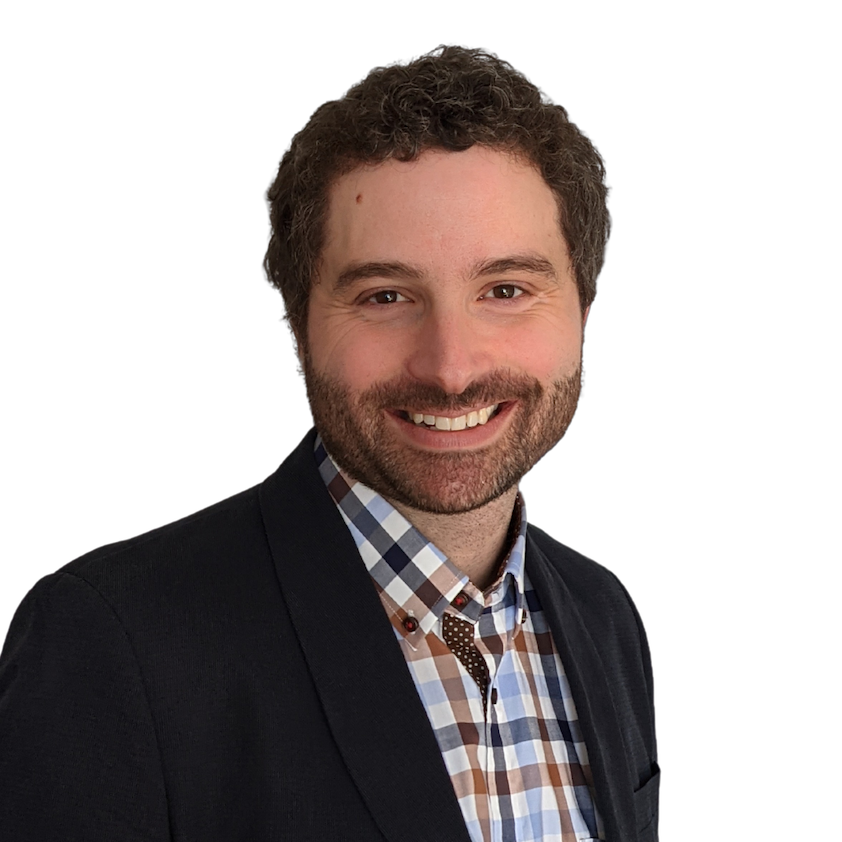
Dr. Kirk Luther
Carleton University, ON
Dr. Kirk Luther is an Assistant Professor in the Department of Psychology at Carleton University. His research interests pertain to safeguarding legal rights for adults and youth and advancing research and practice on investigative interviewing. Dr. Luther and his team are working toward developing a theoretical model of the cognitive, social, and language factors that impact individual's comprehension of complex legal information. When he's not conducting research, he's busy chasing around and entertaining three little rascals.
On the Comprehension of Interrogation Rights: Lessons Learned and Moving Forward
When arrested by the police, adults and youth are afforded a set of legal rights (e.g., Right to Silence, Right to Legal Counsel). It is essential that detainees comprehend these rights so they are able to exercise them and make informed decisions during their interactions with police. Comprehension of legal rights is an applied problem that spans across social, cognitive, and developmental psychology as well as linguistics. During this talk, I will discuss what we have learned, and have yet to learn, about legal rights comprehension during more than 10 years of research.
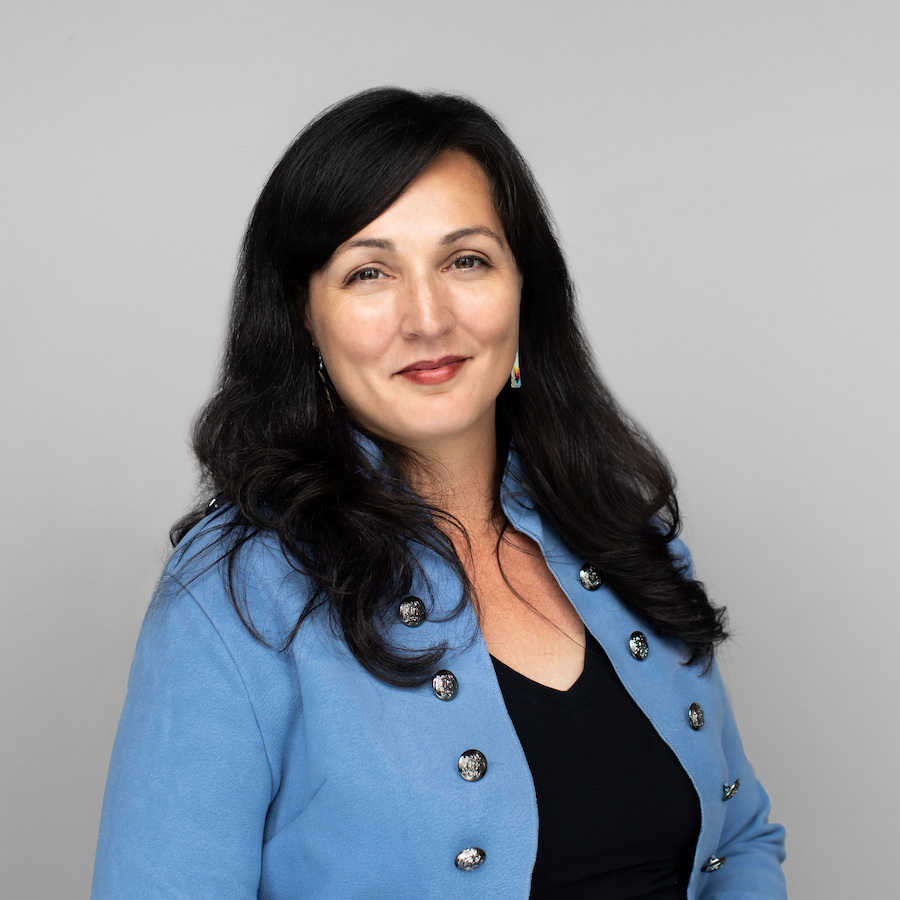
Professor Naiomi Metallic
Dalhousie University, NS
Naiomi is from the Listuguj Mìgmaq First Nation, located within the Gespègewàgi district of Mìgmàgi (on the Gaspe Coast of Quebec). She holds a Bachelors of Arts and Bachelors of Laws from Dalhousie, a civil law degree from Ottawa U, a masters of law from Osgoode, and is currently pursuing her PhD through the University of Alberta. As of June 2016, she is full-time faculty at the Schulich School of Law at Dalhousie University and she holds the Chancellor’s Chair in Aboriginal Law and Policy. She was also a law clerk to the Hon. Michel Bastarache of the Supreme Court of Canada in 2006-2007. Naiomi still continues to practice law with Burchells Wickwire Byrson LLP in Halifax (where she practised for nearly a decade before joining the law school, primarily in the firm’s Aboriginal law group). She has been named to the Best Lawyer in Canada® list in Aboriginal law since 2015 and was chosen for Canadian Lawyers’ Magazine 2018 Top 25 Most Influential Lawyers in the area of Human Rights, Advocacy and Criminal law. Finally, Naiomi is the daughter of renowned Mìgmaq linguist, the late Emmanuel Nàgùgwes Metallic, and has been actively learning her language since 2018. Recently, she has combined her growing knowledge in the areas of Indigenous law revitalization and the Mìgmaq language to write on the various ways language can be harnessed to draw out Indigenous laws.
Five Linguistic Methods for Revitalizing Indigenous Laws
Building on the ground-breaking work on the revitalization of Indigenous laws ongoing over the past decade, Professor Metallic will discuss her work on identifying and elaborating five different linguistic methods for Indigenous law revitalization, giving examples of their use and implementation. These are: 1) the ‘Meta-principle’ method; 2) the ‘Grammar as revealing worldview’ method; 3) the ‘Word-part’ method; 4) the ‘Word-clusters’ method; and 5) the ‘Place names’ method. The presentation will underscore that one does not necessarily need to be a fluent, first-language speaker to engage with linguistic methods for Indigenous law revitalization, given the various resources on Indigenous languages that are publically accessible. What is needed to draw out law from language is commitment and patience to learn and work with all resources available. Becoming a second-language speaker can go hand-in-hand with work to uncover the law that is coded in the language.
